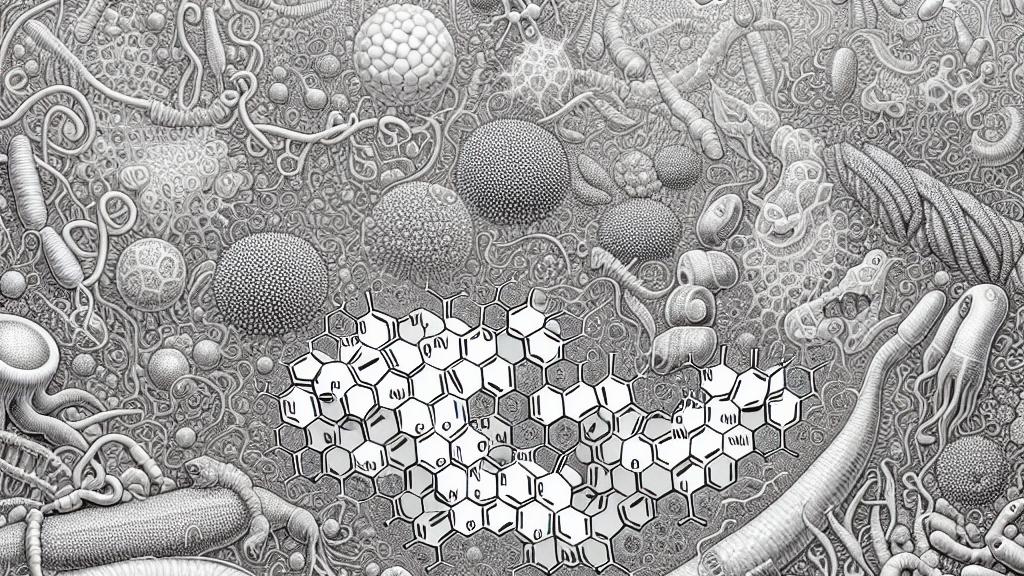Understanding Why Life on Earth Uses Only Left-Handed Amino Acids
Overview
- Unravel the unique reliance on left-handed amino acids in all living beings on Earth.
- Discover the groundbreaking findings from asteroid Bennu that revolutionize our understanding.
- Explore the major implications for the origins of life and the quest for extraterrestrial organisms.

The Enigma of Left-Handed Amino Acids
Have you ever been curious about why every organism on Earth exclusively uses left-handed amino acids? It’s a puzzling phenomenon that has intrigued scientists for years! Amino acids serve as the fundamental building blocks of proteins, and fascinatingly, they exist in two forms: left-handed (L-amino acids) and right-handed (D-amino acids). What’s particularly captivating is that all forms of life, from the tiniest bacteria to the largest mammals, rely solely on L-amino acids. This peculiar preference hints at a significant evolutionary decision—potentially shaped by a historical event on early Earth that favored these molecules over their right-handed counterparts, leading us down an extraordinary path of biological development.
Asteroid Bennu: A Game-Changing Revelation
Now, let’s talk about the remarkable discoveries from NASA’s OSIRIS-REx mission, which recently returned samples from the asteroid Bennu. These samples are not just mundane rocks; they act as cosmic time capsules holding crucial clues about the origins of life's building blocks! For years, scholars believed that our solar system favored left-handed amino acids, providing a neat explanation for their prevalence in Earth's life forms. However, analyses of Bennu revealed an astonishing finding: both left and right-handed amino acids were present in roughly equal amounts! This eye-opening revelation shakes the very foundation of our understanding, prompting researchers to rethink the processes that may have led to the emergence of life on our planet.
Broader Implications: What This Means for Life’s Origins
These surprising results from Bennu prompt us to ponder the very fabric of life itself. Imagine this: if both left and right-handed amino acids can coexist in space, what does that mean for the potential of life beyond our blue planet? As one insightful scientist pointed out, this finding complicates our existing theories, suggesting that the selection of amino acids on Earth is far more complex than we have assumed. This tantalizing possibility opens up thrilling new avenues in the search for extraterrestrial beings. What if we discover life forms that do not adhere to our conventional understanding of biochemistry? This scenario invigorates our imagination and enhances our quest to find life in the universe, suggesting a vast diversity in biological forms could exist, each unique and incredible in its own right!

Loading...